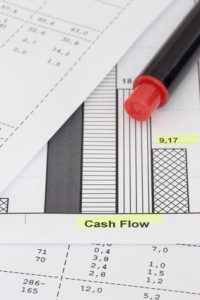Time To Review Expenses To Maximize Savings
 There are four key expenses for all rental housing providers in the Twin Cities; taxes & insurance, utilities, and maintenance.
There are four key expenses for all rental housing providers in the Twin Cities; taxes & insurance, utilities, and maintenance.
At the end of the year, it’s generally a good idea to review what the total outlay was in each category and see if there are any efficiencies that can be realized.
First, taxes. Over the weekend the StarTribune reported property taxes across the metro are set to rise on average more than 10% next year. Taxes are determined, in part, by property values, which have also risen across the metro.
While property owners do have a small window of time to appeal the tax-assessed value of their property, for many the timing may be off to do so.
What about insurance? There too, due to the pandemic and catastrophic weather-related events in 2021, rates are set to increase. Experts predict average rate hikes of 3.1-3.3 percent in 2022. Make sure to ask your current insurance provider for a copy of your Declarations (or Decs) page, which summarizes your policy. It’s easy to share this with other insurance companies. While rate hikes may be industry-wide, it’s always reassuring to know you’re doing the best you can.
How about utilities?
Whenever possible, it’s a good practice where possible to either make sure utilities are directly the tenants’ responsibility, or you make a provision in your lease to bill them back their pro-rated share of expenses. The importance of this is underscored by the fact Xcel Energy is raising electric prices in 2022 by 9.4%, gas prices by 3.9 percent, Centerpoint is raising rates 6.5% and water bills in St Paul, for example, are increasing 6.2%.
Options here may include installing LED bulbs and low-flow showerheads and toilets. While it can be difficult to finance through after-market energy lenders, installing solar panels can help the housing provider increase rent (by including utilities), fix energy costs for the long haul, and reduce the property’s carbon footprint.
The final expense category to review is maintenance. Of all the categories, this is the one that can take a property from having a decent cash flow to one that hemorrhages cash. While it’s always a good idea to have plenty of reserves in case a furnace goes out or the roof needs replacement, sometimes even the best-laid plans don’t go accordingly.
To prevent as many catastrophes as possible, best practices may include regular furnace tune-ups, monthly filter replacements, gutter cleaning, and touch-up paint as needed among other things.
Of course, to fund any of this, rents need to keep pace with costs. Keep your eye on the market, never giving so much of a discount to a “good tenant” that you can’t keep up with inflation and you’ll be ok.

